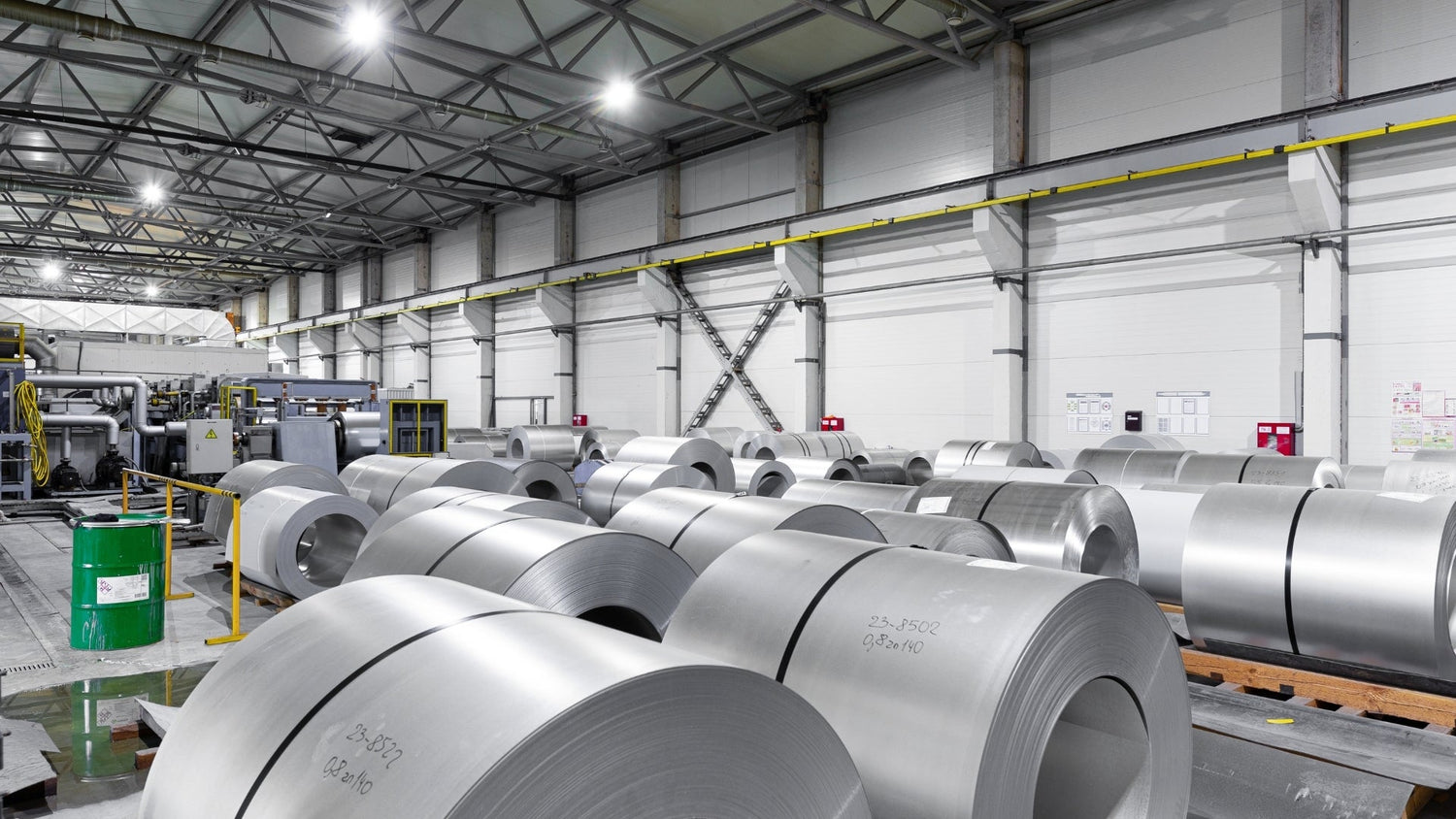
Reducing Risks In Energy Contracts
Volatile Markets Heighten Risks for Market Participants
The current global situation has made the energy market even more complicated. The Covid-19 pandemic led to a severe decline in energy demand worldwide, and the easing of restrictions over the past year has resulted in a sharp increase in global energy needs.
The recent Russian invasion of Ukraine has led many countries around the world to impose sanctions on Russian oil and gas supplies. This has driven up gas prices and led to natural gas shortages, leaving industrial consumers concerned about plant operating expenses and profitability. Due to these uncertainties, it is essential to understand the various types of energy contracts available.
Lucrative Savings in Long-Term PPAs, With Plenty of Risk
Long-term power purchase agreements, typically spanning 10 to 20 years, can offer significant savings by staying with a supplier, often with price increase restrictions. Prices can vary depending on the quantity of electricity or gas used by the consumer. Some contracts offer low prices for staying within a specific consumption range, with significantly higher prices for excess energy use.
The state of global energy markets must also be considered when thinking about signing an energy contract. A long-term contract could offer greater stability at a time when there is much uncertainty over access to energy on a global scale. However, considerations for a long-term PPA are highly dependent on the long-term business strategy, corporate ownership, and risk tolerance of the company.
We can secure PPAs offering savings of 34% to 44% for 20-year contracts. However, we do not recommend using long-term PPAs since the energy market and its participants may significantly change over that time. Some companies are not even permitted to sign contracts of that length (for any service) according to corporate policy.
Other PPAs in Mexico offer a more stable, fixed-price arrangement across all levels of usage. This can be important when thinking about signing a contract for a business where consumption trends may vary throughout the year. Alternatively, there are short-term contracts that offer the consumer a competitive, low price for power, but allow them to change providers after a short period if they find a better option.
Signing the Best Energy Contract in Mexico
In recent years, Mexico has experienced an increase in the number of energy providers, making the market more competitive than before. While many industrial consumers stick to companies they know because of their well-established reputation, regularly surveying the market to see what deals are available may be prudent.
New entrants to the market are more likely to offer introductory deals to new customers to encourage them to take capacity. In addition, generators may need to sell capacity for their project to secure project funding from the lender.
When signing an energy contract, it is essential to be aware of the pricing formula and the terms of the agreement in the Annexes (attachments to the energy contract), to understand the risks thoroughly. It is also necessary to understand the regional market and know which providers are best positioned in that location to ensure you are always getting the best deal.
Regulatory Policy and Market Volatility Makes PPA Analysis Essential
Knowledge of energy contracts can help reduce the risk of outdated agreements. Typically, switching between competitive short-term contracts can save consumers money. However, due to the current uncertainties in the global energy market, we recommend a thorough Request for Proposal process when considering whether to switch suppliers. Contact us to discuss the energy procurement process and your corporate strategy in Mexico. Mexico Energy Partners provides industrial and multinational companies with the most significant energy savings in Mexico.


